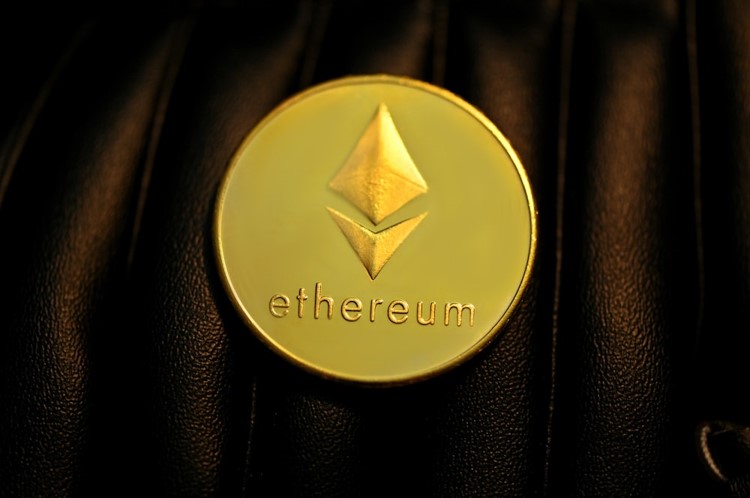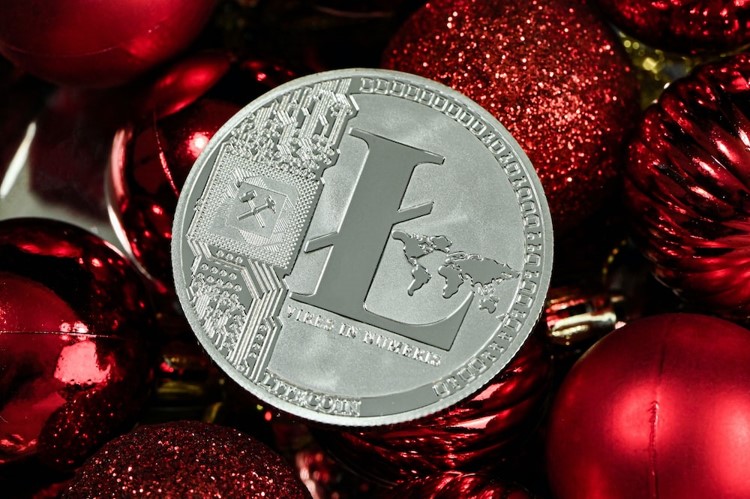Ethereum VS Litecoin–Which Coin Will Be Most Popular in 2023?
There's an abundance of altcoins that stand out as remarkable in the day-to-day transactions of cryptocurrencies, but only a select few have widespread recognition across major cryptocurrency exchanges. Ethereum and Litecoin are two of the most promising digital currencies available today. As a result, you can buy LTC and ETH on most exchange platforms because of their adoption and popularity. This article dives into Ethereum and Litecoin to carefully analyze both coins' advantages and disadvantages so we can get a better idea of the coin that has the most potential to be the top cryptocurrency of 2023. But don't take our word for it– join us now as we explore all things ETH vs. LTC!
Ethereum
Ethereum seemed to appear out of nowhere but has quickly become one of the most powerful forces in blockchain technology. Despite often being overshadowed by its more famous cousin, Bitcoin, Ethereum is no slouch regarding what it can achieve. Since its launch in 2015, Ethereum has supported the development of so-called “decentralized applications,” or dApps, and enabled greater opportunities for loans and other financial transactions that weren't possible with blockchain technology before its invention. Plus, with Ethereum designed from the ground up to address the scalability issues faced by Bitcoin, it's easy to see why it remains a viable candidate for widespread adoption in the years ahead. Indeed, Ethereum is currently the second biggest cryptocurrency in the world today by market capitalization–now that's an impressive accomplishment!
Litecoin
Since its inception, Litecoin has been developed to compete with Bitcoin as a decentralized, peer-to-peer electronic payment system. It's a convenient method to make and receive payments from anywhere worldwide. In 2011, Charlie Lee created Litecoin to reduce the time required to complete a transaction. Compared with Bitcoin, Litecoin transactions take far less time to process, making it a very attractive option. Another plus for Litecoin is that it is less expensive, with lower transaction fees making it an attractive choice for investors.
The differences between Ethereum and Litecoin
Today, Litecoin and Ethereum are two of the most widely used digital currencies, but you should be aware of some key distinctions between the two.
Purpose and goals
Although Ethereum and Litecoin are widely used digital currencies, they were created with distinct goals. On the one hand, Litecoin was created to serve as a medium of exchange and decentralized value storage for its users. Litecoin's primary goal is to facilitate instant virtual currency transactions with little-to-no transaction fees anywhere in the world.
On the other hand, Ethereum was designed to enable developers to create apps, smart contracts, and decentralized autonomous organizations on a public platform. Ethereum lets us explore new and exciting ways of interacting with the web. With it we can build communities that are less vulnerable to fraud, create powerful infrastructure with autonomous governance, and empower individuals to take control of their digital identities. The possibilities for Ethereum are endless, leading us into a bright future full of technological wonders!
Mining processes and algorithms
The proof-of-work mechanism used by Litecoin enables miners to develop solutions to cryptographic problems. LTC uses the Scrypt algorithm for its mining process, enhancing high-speed transactions.
Ethereum initially used a PoW (proof-of-work) model, but in 2022 it switched to a proof-of-stake model. Ethereum's proof-of-stake technique is superior to the older proof-of-work architecture in many respects, including increased security, reduced energy consumption, and the ability to accommodate novel scaling methods.
Supply
The total number of Litecoins that can ever be created is capped at 84 million, but there is no restriction on the number of Ethereum tokens that can be mined. The fact that there is a limit to the total amount of Litecoins that can be mined may increase its value significantly in the future.
Transaction fees and rewards
Due to the stable market price of Litecoin, the transaction cost is low and manageable. Ethereum, in contrast, charges a fee for each transaction based on its complexity and the amount of space it takes up on the network's servers. The labor necessary to complete a transaction on the Ethereum platform's smart transaction is known as the “gas fee.” Compared with Litecoin's $0.04, Ethereum's average transaction fee is $4.
Which cryptocurrency will be most popular in 2023?
Both coins boast unique features, strong performance, and a significant presence in the cryptocurrency market. Will Ethereum remain king? Or will Litecoin manage to overtake its formidable opponent? As investors decide which cryptocurrency to turn their attention to for 2023, the debate between Ethereum (ETH) and Litecoin (LTC) may leave some people scratching their heads. Despite Litecoin's lower price and faster transaction speed, Ethereum's scalability, smart contracts, and an extensive community of developers and users gives it an edge that other cryptocurrencies can't top. For these reasons, it's reasonable to assume that Ethereum will remain popular in 2023 and beyond. The coin has already proven its success over a number of years, so unless something major happens in the world of crypto, ETH will likely remain king for the foreseeable future.
839GYLCCC1992





Leave a Reply